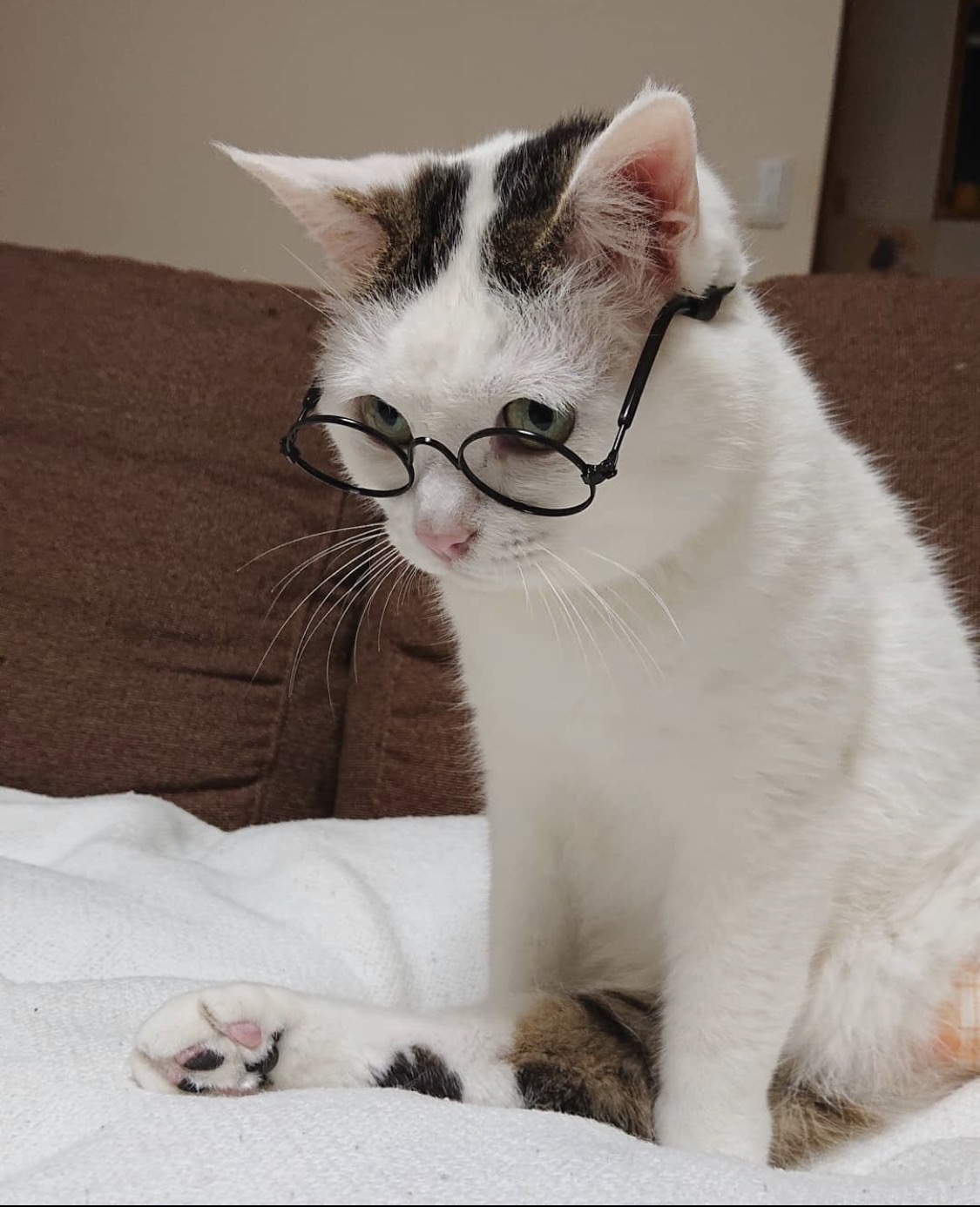Places.
- Dang Nguyen
- Jun 27, 2020
- 3 min read

Why does it matter where we are?
Had it not been for the event, there would be little meaning to place. Places are not immobile, even when time has stood still. This is difficult to think. It is easier to think that places are there to hold our memories captive. To remind us of what once was; a moment in time forever inaccessible, frozen in space. A mental image of the crumbs we left behind as we march with time into new territories: places that are already there, made, silent, waiting.
Places are assemblages. This is not a new way to think about place, but good ideas rarely make their way into mainstream consciousness the way they should. Assemblages are processual; they are open-ended and alive. They look not to become finished or to have a final form; assembly and disassembly reveal themselves to us as they give us our sense of place. If places feel static and imposing, it’s because our working perception of time as synchronised and discrete tells us that places are slices of time we can materialise, box up, and carry with us. Maybe places do not make us as much as we make them. But how?
I’m overstaying my welcome in New Haven. What a statement that is. The place makes you, but you also make the place. When time spills over, you suddenly become hyperaware of space. Why am I here? Shouldn’t I be somewhere else? Already? You can be over-time, but not over-space; space is still, only time moves. When you trespass on space, there is just more space; when you trespass on time, the clock resets and sends you back right where you began. How exhausting to race against time. How unsettling, unnerving. Time is (un)doing all the work, places quietly observe. So it goes.
If I leave New Haven tomorrow, I would ask myself what I’d be bringing with me from this place. It’s a lazy habit of spatial thinking that needs serious unlearning. What do I bring with me when I leave a place? What do I leave behind for this place? Crumbs everywhere, but also crumbs in my pocket to take with me into other places. We dare not to claim sole ownership of places – don’t be ridiculous – but time is fully ours to use, abuse, waste, forget, make, lose, and even cheat. As we move, we can only truly take what moves with us. And that is exactly our plight: we’re always running out of time. We’re constantly going everywhere, but also nowhere. That is, if by everywhere, we mean places that are already there, mapped out, stationary. As sites of closure: we go back to places to work through the damage time has done to our memory, our psyche, only to find out that there has never been any going back; that we have been tricked by the cunning of circular time. The clock resets while time moves on, around, side to side, over space, into our own body. We realise that our body, too, has been in on this great time-space deception. To quote Bergson: “It is we who are passing when we say time passes.”
Don’t you have somewhere to be? People in movies always look at their wrists when they ask that question. Shouldn’t you be doing something? Now? Places have always been about the event. What did you achieve during your time here? Did you prove yourself worthy? Would you be in our newsletter next month? Can you tell us your stories? “Do you remember the time when…” And yet we still think of places as authentically coherent singularities. Loose ends, missing links, severed ties, empty holes – they make for a space of revisited affairs, new beginnings, continued trajectories, entangled connections, solitary exile. Promiscuity makes places multiple: an exciting open project.
Perhaps that is why we long for places, despite the flat surface and the horizontality with which we have come to think of them. We are guilty of this when we think about time, too. A true reckoning requires a realisation of depth: a vertical puncture through the thick, gelatinous ground that bounces us around, ahead, across – but never taking us underneath, so we could look within. I don’t think anyone has captured this as beautifully as Ocean Vuong did – “how deep a season opens when you refuse to follow the days out of it…”



